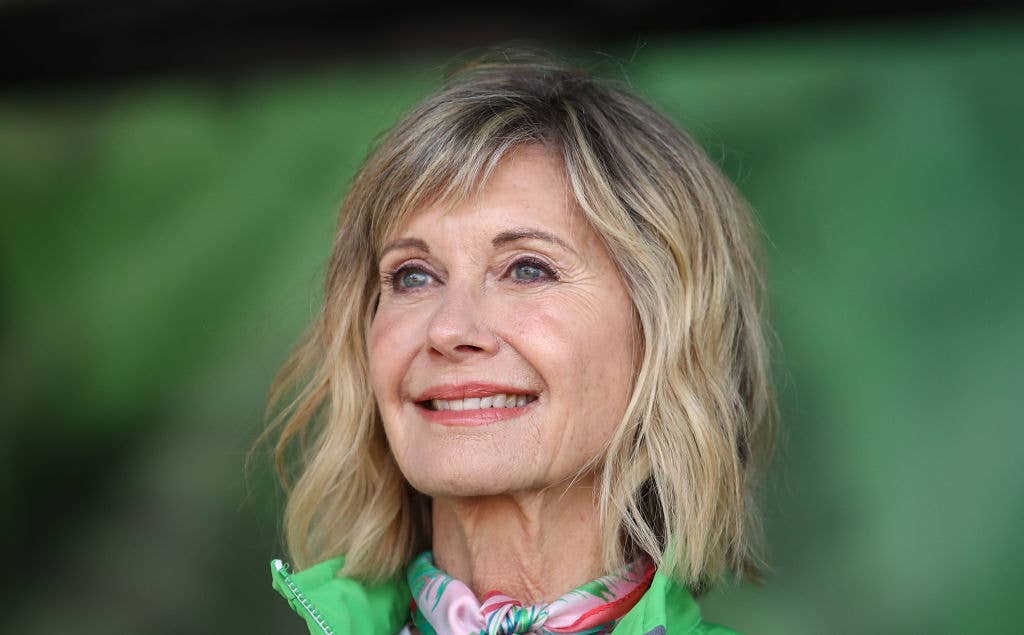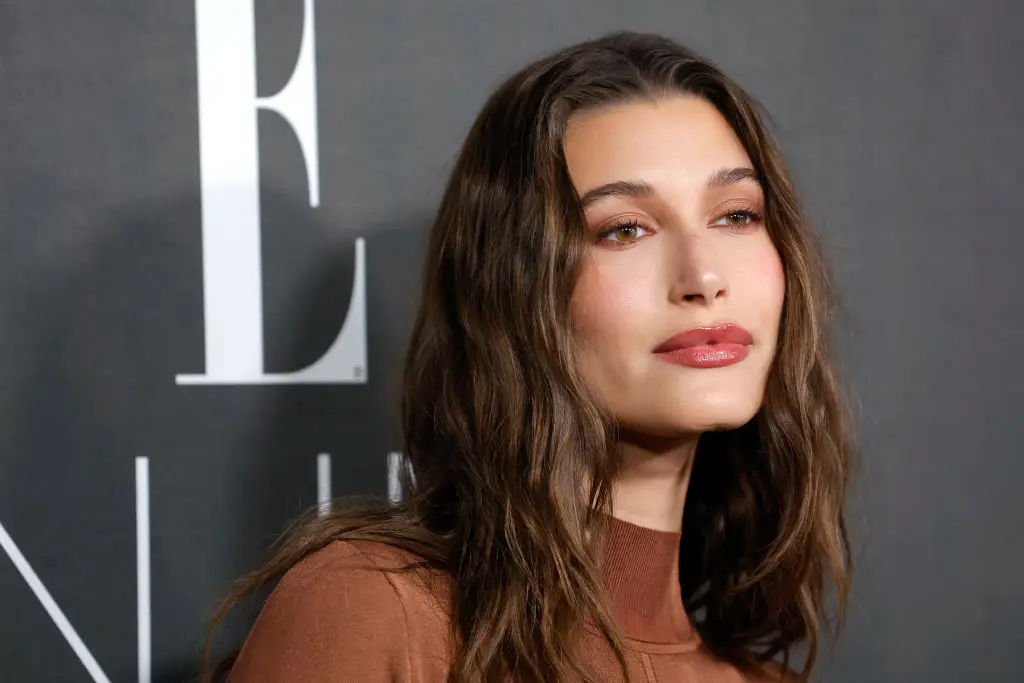
Olivia Newton-John Dies at 73 After Long Battle Against Cancer
Olivia Newton-John died at the age of 73 at her home in California, after a long battle with cancer. Just last year she revealed that her cancer had returned, in her back, after an original diagnosis of breast cancer, two decades ago. ONJ had told fans that she has switched to a plant-based diet to help her get healthier while being treated for cancer.
The Grease star was first diagnosed with cancer back in 1992 and had attempted to treat her cancer through different methods. The actress has enjoyed a long period of remission, but in 2017, she was again diagnosed with breast cancer and decided to go plant-based. Meanwhile, recent studies have linked dairy consumption with a higher risk of breast cancer.
During an interview with Closer Weekly, the actress explained that she was attempting to treat her cancer with less toxic methods including medical marijuana, herbal medicine, and a plant-based diet. Her daughter, Chloe Lattanzi, was integral in helping her eat more plant-based.
“There are a lot of herbs I take. And over the last 10 years, I’ve used cannabis,” Netwon-John told the interviewer last year. “I’ve also been eating vegan because my daughter was visiting me and she’s a vegan. I feel very good. After having lived for years with different cancers, and having surgery, chemotherapy, and radiation, I thought it would be wonderful if we could find different kinds of treatments for people going through cancer.”
Newton-John had launched the Olivia Newton-John Foundation with her husband, John Easterling, to promote plant-based eating as a way of staying healthy during cancer treatment. Her foundation hopes to develop less damaging forms of cancer treatment, as well as to support research into how a way plant-based eating can help nutrition and health for patients.
The connection between processed meat and cancer
A study from the University of Glasgow found that women between 40 and 69 who consumed more than nine grams of processed meat increased the risk of breast cancer by 20 percent. Research studies have linked a meat-heavy diet and the intake of full-fat dairy to breast cancer. Yet another study released last month (conducted by the Catalan Institute of Oncology, the World Health Organization, and the Imperial College in London) found that meat and dairy-centric diets increased a woman’s risk of breast cancer by 12 percent.
Studies link full-fat dairy consumption and breast cancer
A high-fat dairy diet increases the risk of breast cancer by 53 percent, according to a 2017 report commissioned by the National Institute of Cancer.
Additionally, a Loma Linda University study analyzed the dairy intake of 53.000 North American women. The study saw that over eight years 1,057 of the women developed breast cancer, correlating with a high dairy consumption from the inflicted participants.
“Consuming as little as one-quarter to one-third cup of dairy milk per day was associated with an increased risk of breast cancer of 30 percent,” lead researcher Gary E. Fraser, Ph.D., of Loma Linda University, said. “By drinking up to one cup per day, the associated risk went up to 50 percent, and for those drinking two to three cups per day, the risk increased further to 70 to 80 percent,” Fraser explained that possible reasons for the increased risk may be linked to the sex hormone content of dairy milk—since breast cancer in women is hormone-responsive cancer.
Newton-John’s organization remains dedicated to changing the rhetoric around cancer treatment, hoping to emphasize nutrition when combatting illness. The celebrity has pushed that her new diet is helping manage the nearly thirty-year-long battle with cancer.
“I’ve taken a lot of plant medicine over the last years," Newton-John said last year. "We want to raise money to fund the studies on plant medicine.”
More From The Beet






